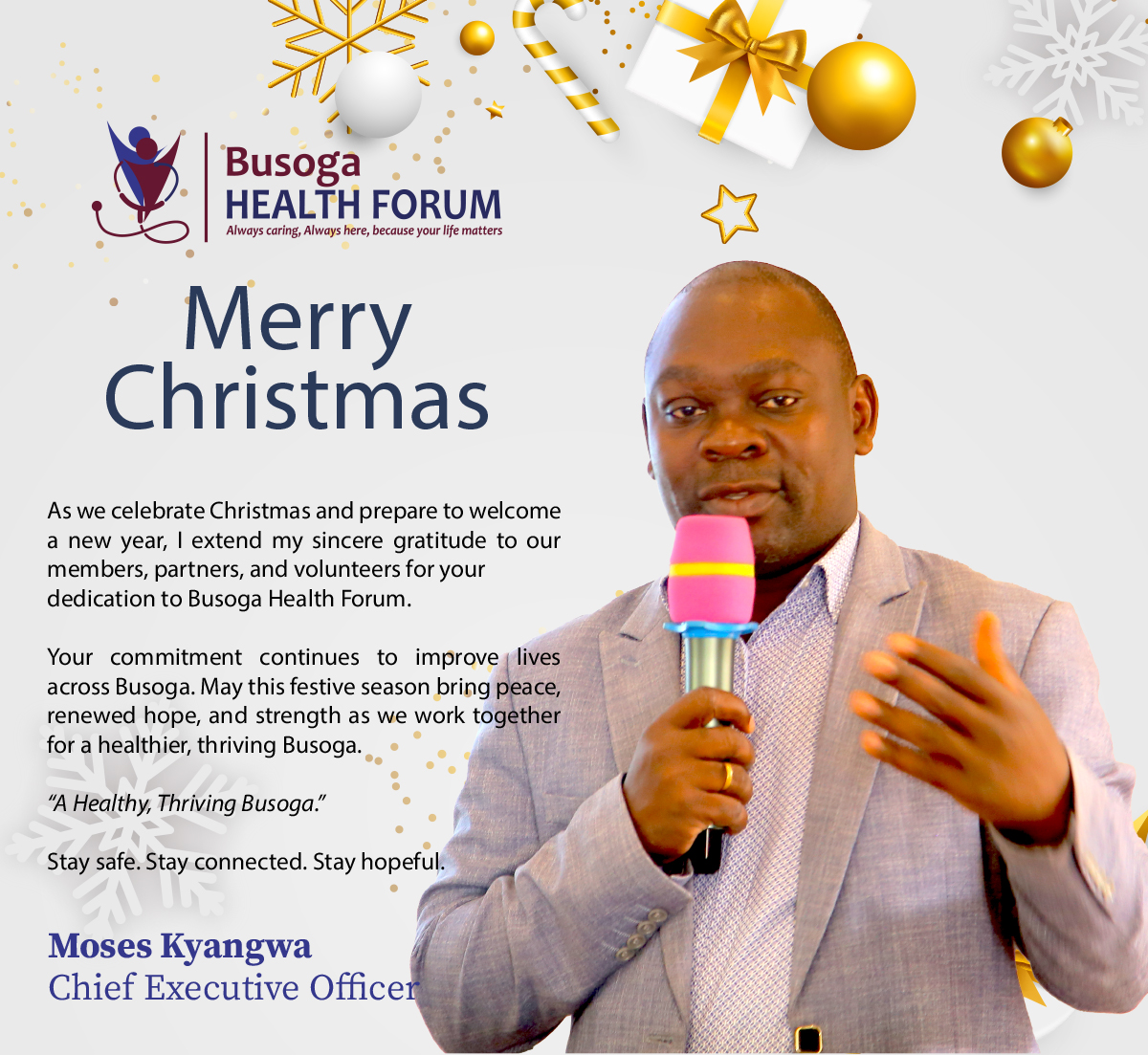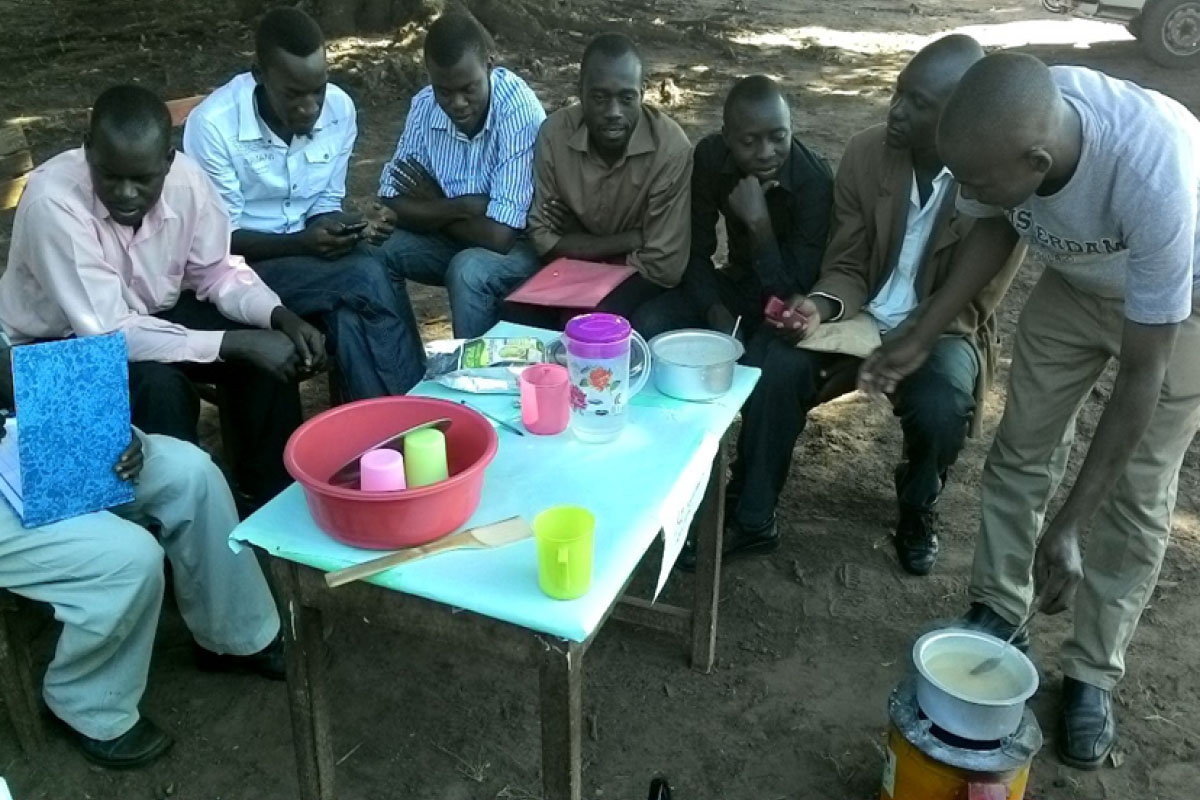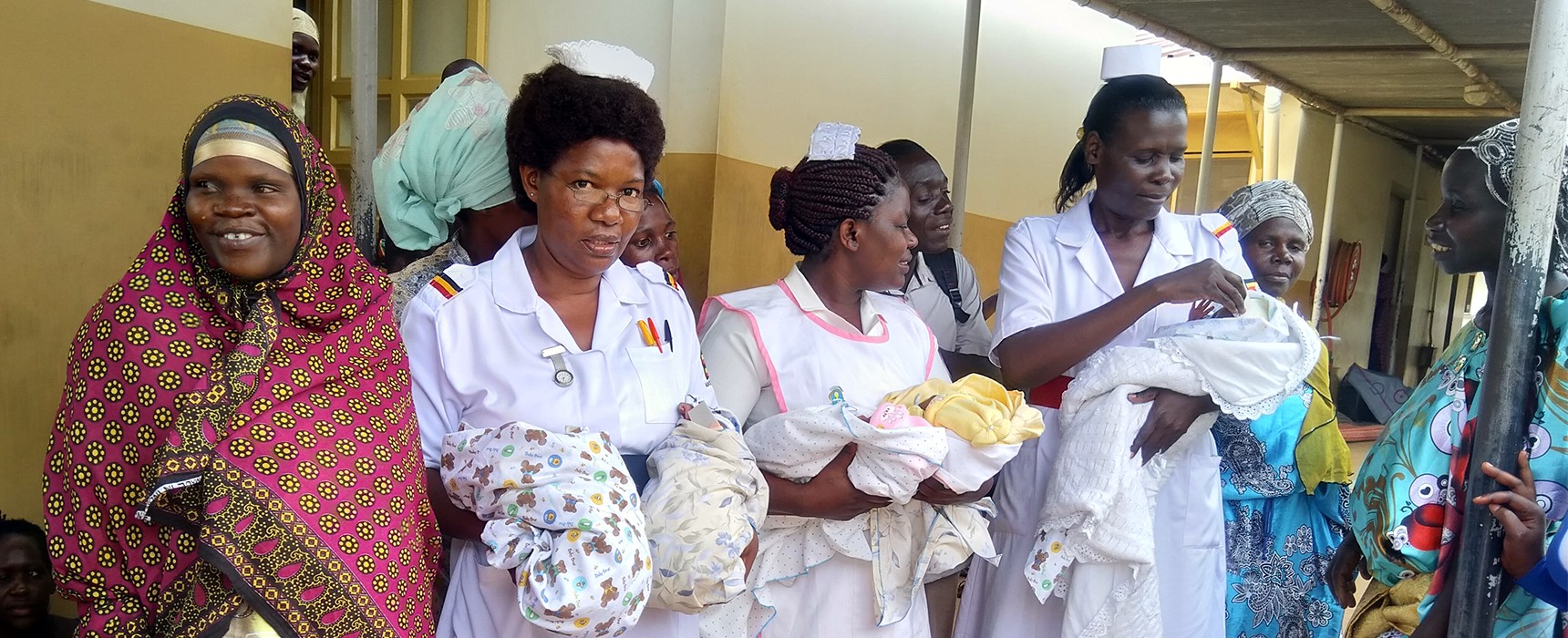Published By BHF | April 24, 2025
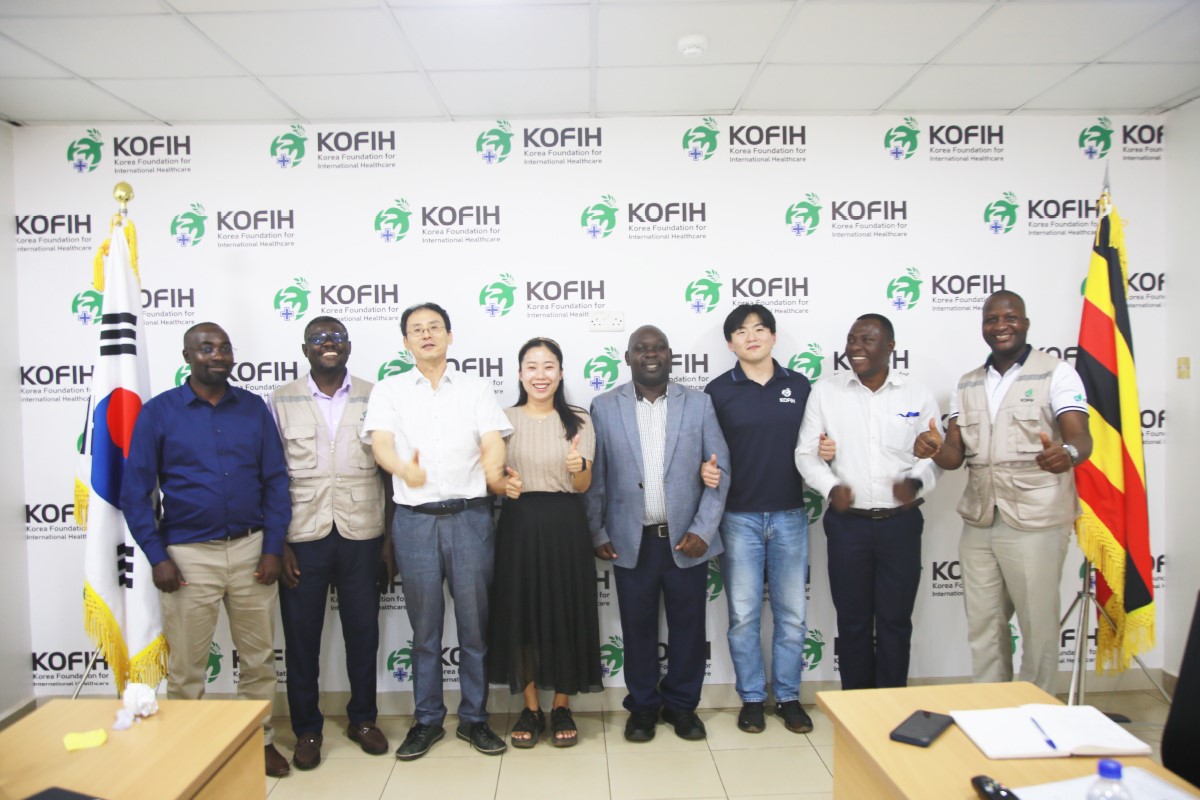
A Global Crisis with Local Realities
Across the globe, millions of people continue to live without access to safe water, decent sanitation, and proper hygiene services. This remains one of the most persistent public health challenges of our time. According to UNICEF (2024), around 2.2 billion people globally still lack access to safely managed drinking water. The World Bank (2023) and WHO (2022) estimate that 3.5 billion people do not have access to safely managed sanitation services, with a significant portion engaging in open defecation. Meanwhile, 2 billion people live without basic handwashing facilities with soap and water at home.
This global crisis is mirrored in Uganda’s Busoga region, where access to essential WASH services remains limited. Current data shows that only 2.5 percent of households have handwashing facilities with soap, while 17 percent rely on water only. Safe water coverage stands at 56.4 percent, and access to safely managed sanitation services is at 61.34 percent. These statistics represent more than just numbers; they reflect deep inequalities that affect health, education, gender equity, and economic opportunity.
The Link Between WASH and Public Health
WASH is not only central to disease prevention, but also to preserving human dignity—especially for women, children, the elderly, and people with disabilities. Inadequate access to water and sanitation services leads to the spread of preventable diseases such as cholera, typhoid, and diarrhea, and keeps many families in a cycle of poverty and poor health. Sustainable Development Goal (SDG) 6.2 seeks to ensure access to adequate and equitable sanitation and hygiene for all by the year 2030. With less than five years to go, there is a need for urgent, community-based, and innovative approaches to fast-track progress.
A Strategic Partnership for Change in Busoga
In response to these challenges, a powerful partnership was established on 9th April 2025 between the Korea Foundation for International Healthcare (KOFIH) and leading Ugandan institutions including Busoga Health Forum (BHF), Makerere University School of Public Health, and Jinja Regional Referral Hospital. KOFIH, a public agency under the Ministry of Health and Welfare of the Republic of Korea, has been a consistent supporter of Uganda’s health sector since 2017. In 2024, KOFIH attained the status of an international organization operating in Uganda, further amplifying its role in driving health systems strengthening. This WASH initiative is one of its latest contributions, placing Busoga at the center of a new model for local-global health collaboration.
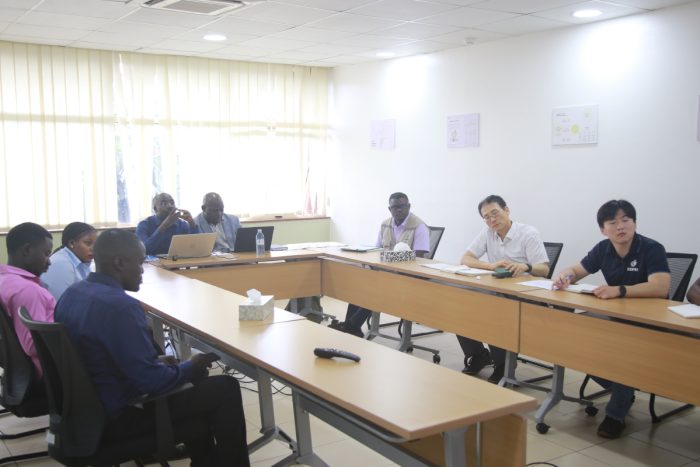
The initiative is built on three pillars: research, innovation, and community education. One of the first steps will involve a baseline survey and operational research to understand the current WASH situation and related health outcomes in selected communities. The data will inform targeted interventions to reduce and prevent waterborne diseases in the region. Educational materials, including interactive e-content such as videos, PowerPoint presentations, and quizzes, will be developed and tested to raise awareness, particularly among school children. These digital tools aim to improve knowledge, attitudes, and practices related to hygiene, sanitation, and safe water use.
Additionally, the project will support the installation of practical infrastructure such as multi-user handwashing stations, improved toilet facilities, and water tanks to enhance accessibility to clean water. Community outreach will also be a key strategy, with health professionals and local leaders facilitating awareness campaigns and promoting behavior change.
Looking Ahead with Optimism
While KOFIH leads this initiative with its technical expertise and institutional strength, the partnership remains inclusive. Busoga Health Forum will support coordination and community engagement. Makerere University will contribute its academic and evaluation capacity. Jinja Regional Referral Hospital will provide the clinical and public health backbone for the project. Each partner brings unique value, creating a strong foundation for meaningful impact.

